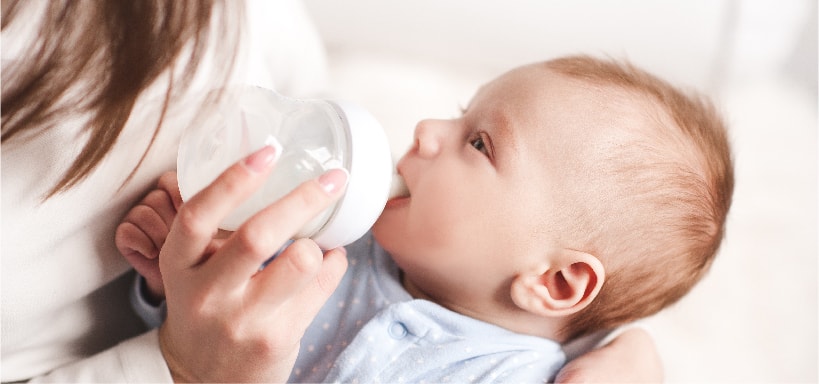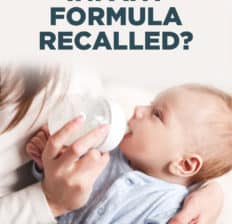This Dr. Axe content is medically reviewed or fact checked to ensure factually accurate information.
With strict editorial sourcing guidelines, we only link to academic research institutions, reputable media sites and, when research is available, medically peer-reviewed studies. Note that the numbers in parentheses (1, 2, etc.) are clickable links to these studies.
The information in our articles is NOT intended to replace a one-on-one relationship with a qualified health care professional and is not intended as medical advice.
This article is based on scientific evidence, written by experts and fact checked by our trained editorial staff. Note that the numbers in parentheses (1, 2, etc.) are clickable links to medically peer-reviewed studies.
Our team includes licensed nutritionists and dietitians, certified health education specialists, as well as certified strength and conditioning specialists, personal trainers and corrective exercise specialists. Our team aims to be not only thorough with its research, but also objective and unbiased.
The information in our articles is NOT intended to replace a one-on-one relationship with a qualified health care professional and is not intended as medical advice.
Infant Formula Recall Includes Similac, Alimentum and EleCare Products
March 30, 2022

Last month, powdered infant formulas produced in Abbott Nutrition’s facility in Sturgis, Mich., were recalled after consumer illness from bacterial infections. To date, the infant formula recall has caused four infant hospitalizations, and the bacterial infection from the formula may have contributed to two infant deaths.
The U.S. Food and Drug Administration (FDA) began investigating the complaints and warned consumers not to use certain Similac, Alimentum and EleCare products, along with a specific lot of Similac PM 60/40.
Infant Formula Recall Facts
Abbott Nutrition, a company that manufacturers powdered baby formula, announced a recall on products manufactured in its Michigan facility on Feb. 17 after four complaints of infections from Cronobacter sakazakii, or Salmonella Newport, bacteria that causes foodborne illness.
Abbott first initiated a “proactive, voluntary recall” of powder formulas, including Similac, Alimentum and EleCare, manufactured in Sturgis. In a Feb. 17 announcement, the company stated, “as part of Abbott’s quality processes, we conduct routine testing for Cronobacter sakazakii and other pathogens in our manufacturing facilities. During testing in our Sturgis, Michigan, facility, we found evidence of Cronobacter sakazakii in the plant in non-product contact areas. We found no evidence of Salmonella Newport.”
While Abbott’s testing of distributed products did not detect pathogens, the voluntary infant formula recall includes products manufactured in the Sturgis facility with an expiration of April 1, 2022, or later. Liquid formulas are not included in the recall, nor are powder formulas or nutrition products from other facilities.
On Feb. 28, Abbott made an additional recall, this time for one lot of Similac PM 60/40 (Lot # 27032K80 (can) / Lot # 27032K800 (case)). This action came after the company learned of an infant death. The baby tested positive for Cronobacter sakazakii and reportedly consumed Similac PM 60/40 from that lot.
What It Means
What does this infant formulas recall mean about the product you use for your baby? The FDA recommends consumers look at the lot code, the multi-digit number that’s on the bottom of the container of Similac, Alimentum and EleCare powdered infant formula, and do not use if:
- the first two digits of the code are 22 through 37; and
- the code on the container contains K8, SH or Z2; and
- the expiration date is 4-1-2022 (APR 2022) or later
In addition to these products, Similac PM 60/40 with a lot code of 27032K80 (can) / 27032K800 (case) should not be used.
If you’re unsure about your specific product, use the recall website to check your product lot code.
If your infant is experiencing symptoms of Cronobacter or Salmonella infection, such as poor feeding, temperature changes, jaundice, irritability, rash, lethargy, abnormal movements, or blood in urine or stool, contact your pediatrician immediately.
How to Keep Infants Healthy with Proper Nutrition
Despite the recent recall, experts are reassuring parents that infant formula made by a regulated company and manufacturer is safe when prepared appropriately. If you use these recalled brands, check the lot code carefully to ensure that your product is deemed safe.
To ensure proper safety and nutrition for babies, the FDA also recommends the following guidelines for parents and caregivers:
- Never dilute infant formula.
- Do not make or feed homemade infant formula to infants.
- Avoid purchasing imported, potentially counterfeit formula through online sales.
For new mothers who are deciding on how to provide the best nutrition for their children, consider formula vs. breast milk. Research suggests that breast milk is the best source of nutrition for infants, as it contains the perfect combination of bioactive agents that promote immune system and gastrointestinal tract function.
For women who aren’t able to breastfeed or are having trouble producing enough breast milk, using formula is safe and effective. Do your research on the best brand and type of formula for your baby’s needs.
Conclusion
- Abbott Nutrition, a company that manufacturers powdered baby formula, announced a recall on products manufactured in its Michigan facility after four complaints of infections from Cronobacter sakazakii, or Salmonella Newport, bacteria that causes foodborne illness.
- The infant formula recall includes Similac, Alimentum and EleCare products, plus a specific lot of Similac PM 60/40.
- Use the recall website to check your lot number to ensure the safety of your product.




